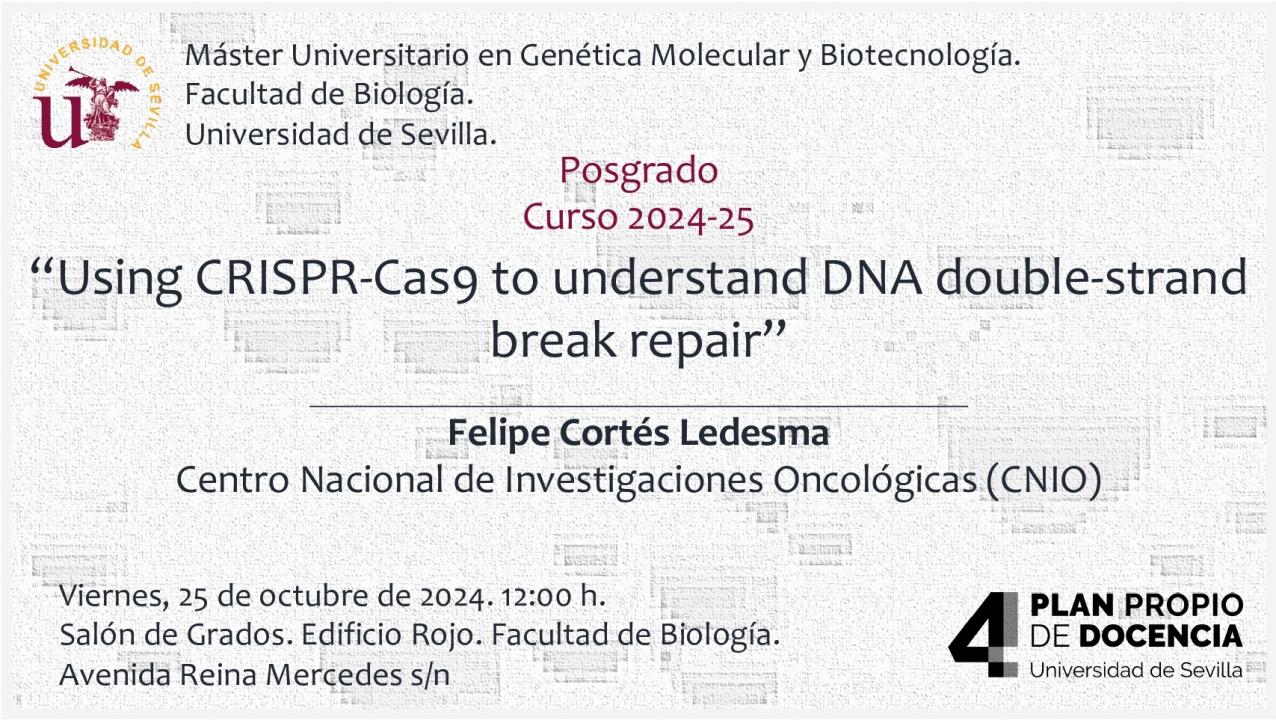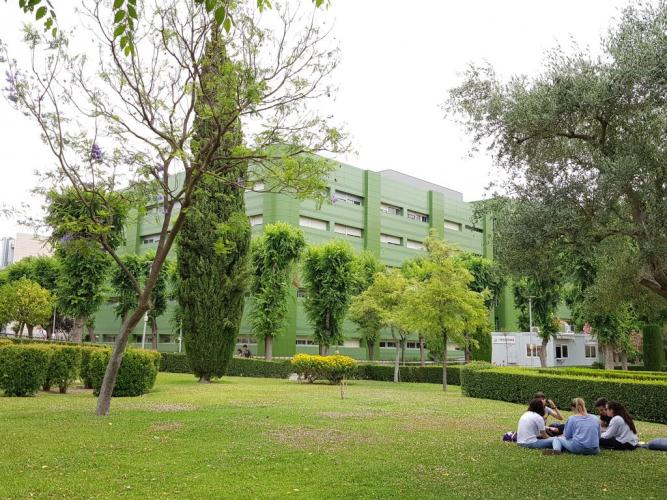CRISPR-Cas systems allow the induction of targeted DNA double-strand breaks (DSBs) at virtually any genomic region of interest. On the one hand, this allows the massive parallel perturbation of different sets of genes covering virtually all human protein-coding genes. These genome-wide in-pool CRISPR-screening experiments have been widely implemented to identify genes determining essentiality, specific genetic relationships as well as sensitivity to numerous chemical agents. On the other hand, the study of DNA sequence outcomes following CRISPR-Cas DSB induction and repair (i.e., DSB repair profiling) can provide molecular insights into the repair mechanisms that operate in the cell. We have combined these two features of CRISPR-Cas technologies to achieve genome-wide DSB-repair profiling, obtaining a comprehensive catalog detailing how virtually every human gene influences the DSB repair process. We will present these results and discuss their implications for our understanding of DSB repair mechanisms, CRISPR-Cas gene editing technologies and the accumulation of mutations in cancer.
Felipe Cortés Ledesma



 Traductor de Google
Traductor de Google

